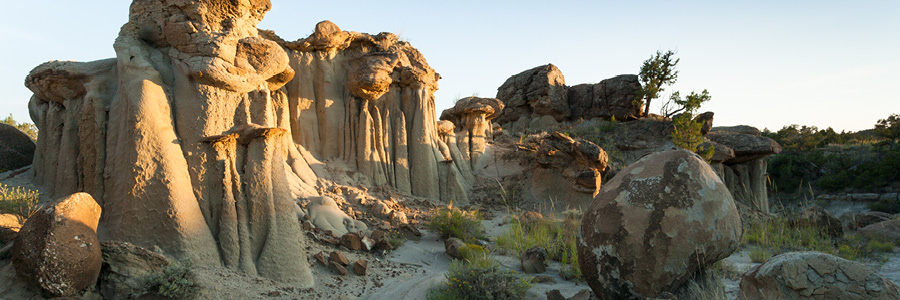
Committee: Environmental Quality Council
Author: Hope Stockwell
Posted on March 8, 2018

The Environmental Quality Council will examine funding options for a number of state programs at its March 21-22 meeting.
One of the council’s recurring topics this interim is how the state funds its aquatic invasive species program. Currently, the effort to prevent the spread of aquatic invasive species (AIS) comes from fees on hydroelectric facilities and anglers, but those revenues are set to expire in the next two years. Maintaining the status quo in Montana or implementing a new AIS funding structure requires legislation. Other western states are more apt to use general fund money or impose fees on watercrafts. In March, the EQC will examine what other states charge for watercraft fees and what those fees could generate in Montana.
On the heels of a historic wildfire season, the EQC is looking at how Montana funds wildland fire preparedness. Fire suppression costs incurred by the state are paid from the fire suppression account, while wildland fire protection fees are the source of preparedness funding. Preparedness includes firefighter training and equipment readiness and placement.
Montana law establishes landowner assessment fee amounts to pay for preparedness. An owner of land classified as forest land in a wildland fire protection district is required to pay a base fee of not more than $50, plus not more than an additional $0.30 per acre per year for each acre in excess of 20 acres owned. Most of the assessments are paid by western Montana landowners. In March, the EQC will look at several landowner fee options.
The EQC will also continue its state parks program evaluation in March, receiving an overview of how enforcement in parks works. A use of federal funds by the 2017 Legislature to fund enforcement at the Department of Fish, Wildlife, and Parks (FWP) changed the way wardens split their time between park, fish, and wildlife duties. The EQC will hear from the department about how the change is going and potential future funding implications.
Also in March, the EQC will examine how other states regulate the training of bird dogs. At meetings earlier in the interim, council members criticized two attempts by FWP to implement the law through rulemaking. The law provides that dogs may be trained in open fields anytime if game birds are not killed or captured and the training is conducted a mile or more from a bird nesting area, management area, or game preserve. FWP said rules are needed because trainers are running as many as 60 dogs at a time, to the detriment of game birds. However, the agency scuttled proposed rules in lieu of further EQC discussion. The January meeting included a history of the statute.
The meeting begins at 10 a.m. on March 21 in Room 172 of the Capitol. For more information, including a full agenda, visit the committee’s website or contact Hope Stockwell, committee staff.
http://leg.mt.gov/eqc
Hope Stockwell, 406-444-9280 or hstockwell@mt.gov